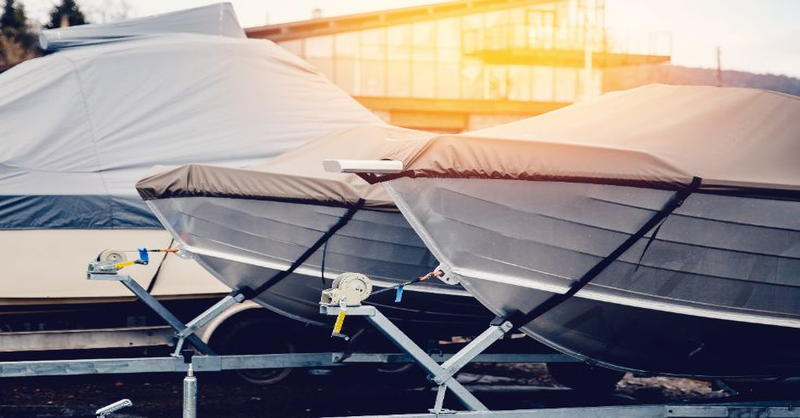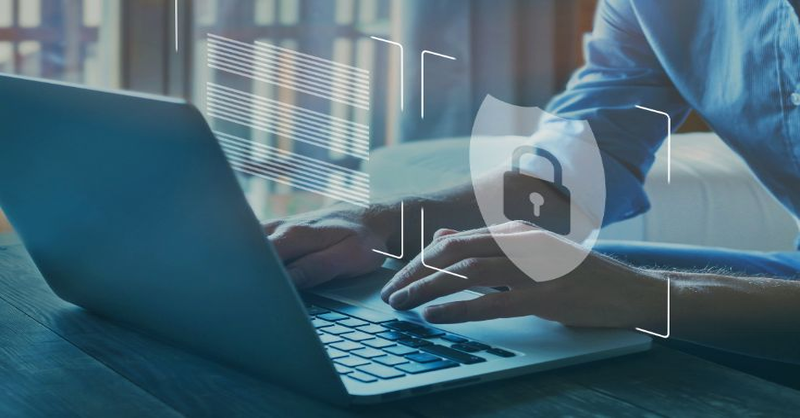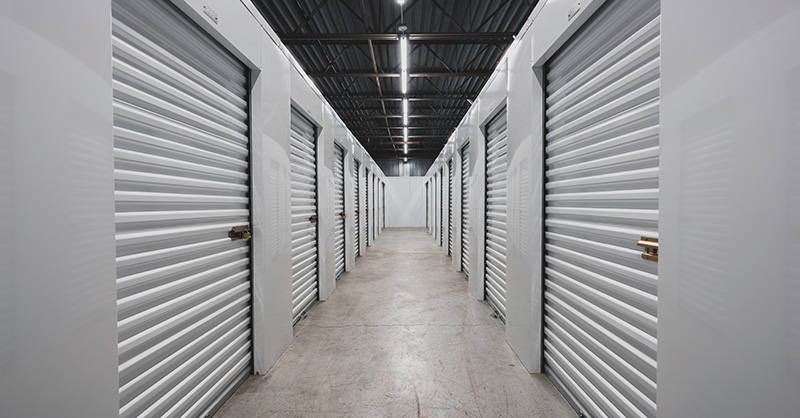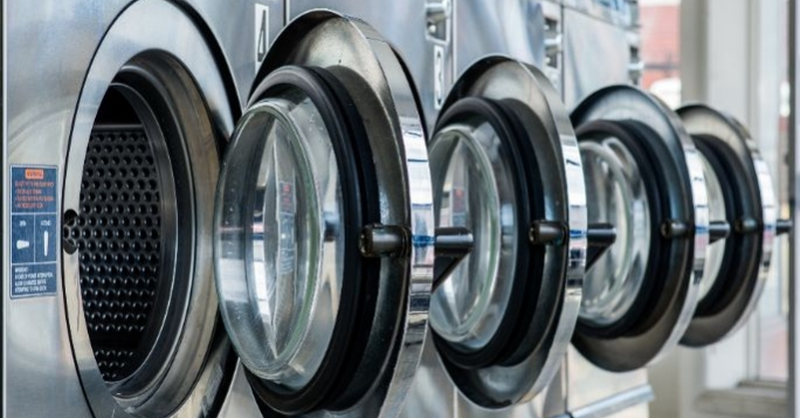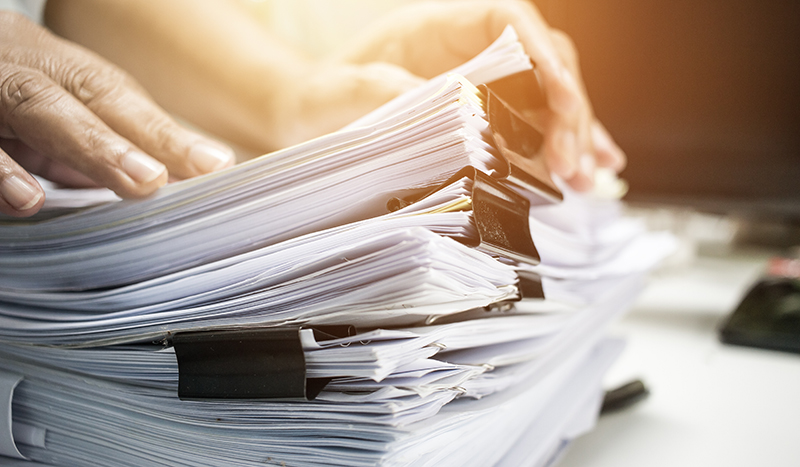Liquor Liability: Best Practices for Responsible Alcohol Service
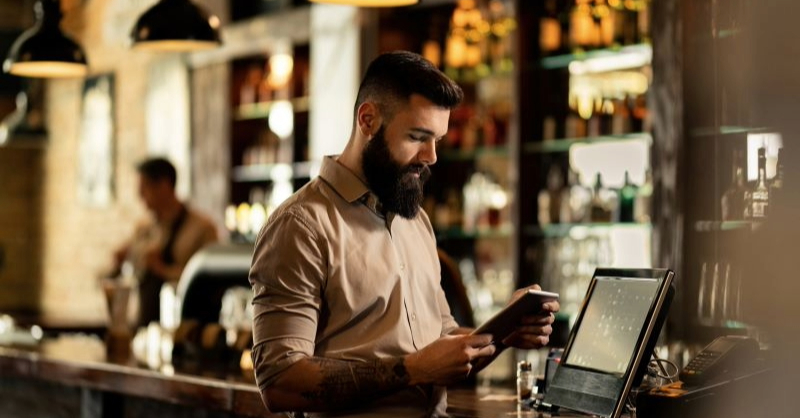
Businesses and organizations that serve alcohol can be held liable when an incident involving a customer or guest occurs due to negligent service. Whether it is a restaurant or bar that sells alcohol regularly or a nonprofit with an open bar at its annual fundraiser, there is a legal responsibility to follow best practices and ensure guests enjoy themselves safely.
What Is Liquor Liability? Understanding a Business’s Legal Responsibilities
Liquor liability is the legal responsibility that businesses face when they sell, serve, or distribute alcohol. If improper alcohol service leads to incidents, such as property damage, injury or death, businesses may face legal action, fines, revocation of their liquor license, reputational harm, and other consequences.
Liquor liability can arise from the following:
- Serving alcohol until intoxication
- Continuing to serve when signs of intoxication are evident
- Serving alcohol to individuals under the legal drinking age
To best protect their operations, owners, supervisors and risk managers should establish a comprehensive liquor liability program. This program can provide a framework for preventing irresponsible alcohol service and mitigating incidents if they occur.
How To Establish Effective Liquor Liability Policies
A strong liquor liability program starts with managers and supervisors establishing informed policies that are communicated efficiently before they are put into action. Below are some key areas to consider when creating effective liquor liability policies.
Creating Official Liquor Liability Policies
Formalize liquor liability policies in writing, preferably as part of an employee handbook. Below are sample topics to include:
- Standards of service
- Responding to intoxicated guests and handling incidents
- Training requirements
Understanding Local Liquor Liability Laws
Liquor liability laws can differ by state, city and county. Become familiar with the laws in your jurisdiction(s) and tailor policies to ensure compliance. Be aware when laws are changed or new laws are enacted and respond accordingly.
Implementing Incident Reporting and Documentation
Implement a standard form to be used when an incident occurs, and train employees to know when and how to use it. Forms should include the date and time, description, and names of those involved, including employees and witnesses.
Utilizing Risk Transfer and Indemnity Clauses
If alcohol service is being performed by a vendor, for example, a caterer, use a contract with an indemnity clause in favor of your business or organization. Also, obtain a valid Certificate of Insurance showing the vendor has sufficient general liability coverage that is in force during the entirety of the business relationship.
Mandatory Training for Responsible Alcohol Service
Formalize mandatory training for new hires and annually thereafter. Training should be two-pronged:
- Create an in-house program to communicate policies and procedures, and consider role-playing scenarios in which service should be denied.
- Require completion of responsible alcohol seller/server courses through specialized third-party companies, such as TIPS or Servsafe.
Practical Tips for Responsible Alcohol Service
When drafting policies and determining best practices to include in a training program, below are some practical tips that can help servers and bartenders maintain responsible liquor service and avoid liquor liability:
- Check IDs: Without exception, check for proper photo identification, ensuring it is government-issued and not expired. There should be no exceptions.
- Adults only: If minors are present, it is best to only allow those of legal drinking age in the room where the alcohol is being served.
- Keep track: Avoid accidentally overserving by knowing how much alcohol is in the drinks being served and how much guests have consumed.
- Know the signs: If someone has had too much to drink, look for key factors such as difficulty standing or walking, spilling drinks, slurred or loud speech, red or hazy eyes, being overly friendly, or being difficult.
- Slow down service: If a patron appears intoxicated, let them ask for another drink, and then follow company protocol for responding. Do not automatically refill a drink or offer another one without them asking.
- Serve water: Every patron’s first drink should be served with a glass of water, and refills should occur as much as necessary. Keeping guests hydrated is a simple way to mitigate the effects of intoxication.
- Serve food: Like serving water, keeping guests satiated is an easy way to help prevent them from overdrinking. In addition to items for purchase, consider having simple snacks available free of charge (bar nuts, for example).
- Timing: If your operations or event allows, consider service taking place during the day or evening, as well as limiting the length of service. This can mitigate the risk of overdrinking, which tends to increase later into the night or the longer the guests have been drinking.
- Safe ride home: Consider offering alternative transportation options for intoxicated individuals.
Vigilance is Key to Effective Liquor Liability Management
Alcohol is a significant part of culture that people enjoy in many different contexts: along with meals at restaurants, after work at bars, at concerts and performances, during celebrations like weddings and birthday parties, at fundraisers or corporate events, and more. These tend to be dynamic environments with people moving, talking and dancing, which can be difficult to monitor.
Policies and procedures should be reviewed regularly to ensure they remain suitable for operations. It may be impossible to eliminate liquor liability, but maximizing responsible alcohol service through a dynamic liquor liability program is a practical way to help avoid incidents.
Staying Covered with Liquor Liability Insurance
When approaching liquor liability protection, it is important to secure comprehensive insurance coverage. Ensure that coverage limits and, if applicable, the amount of the deductible are adequate. Talk to an agent to learn more.
.png?sfvrsn=f41e22b1_1)


